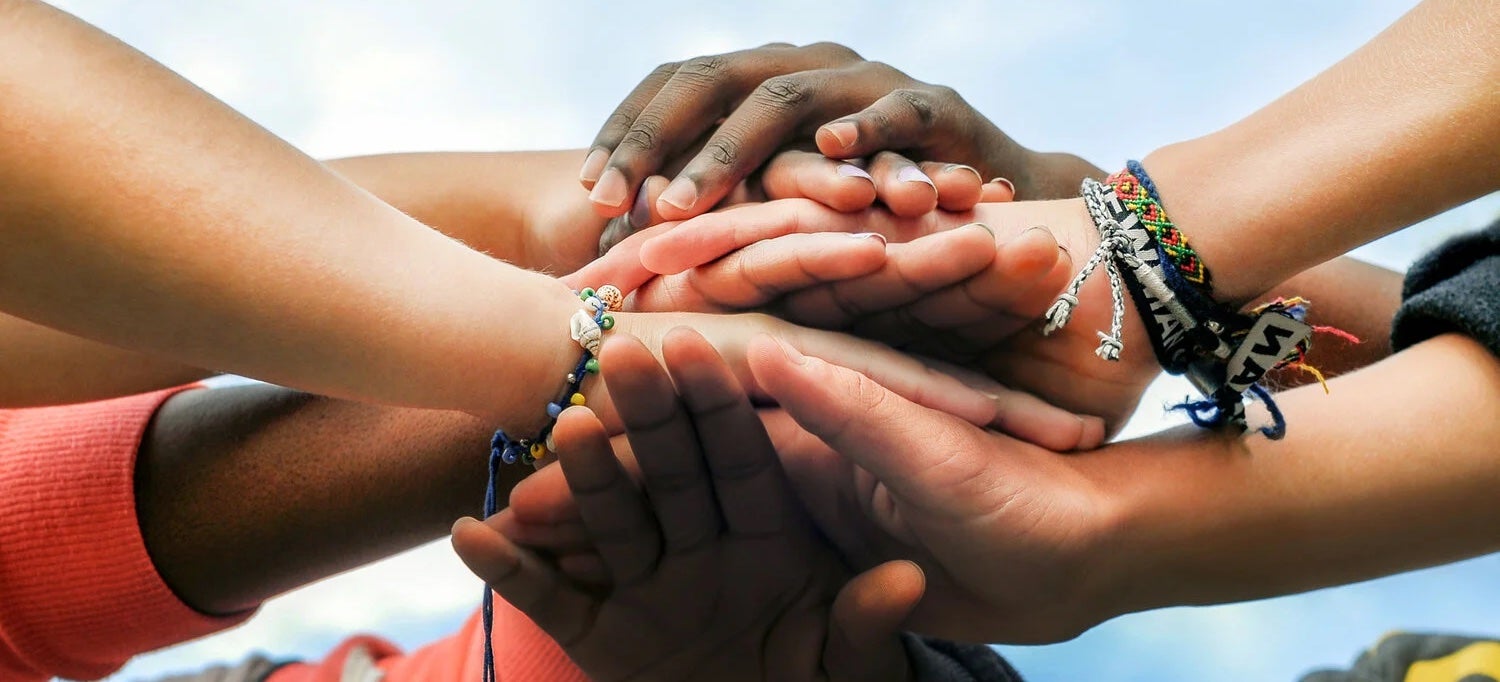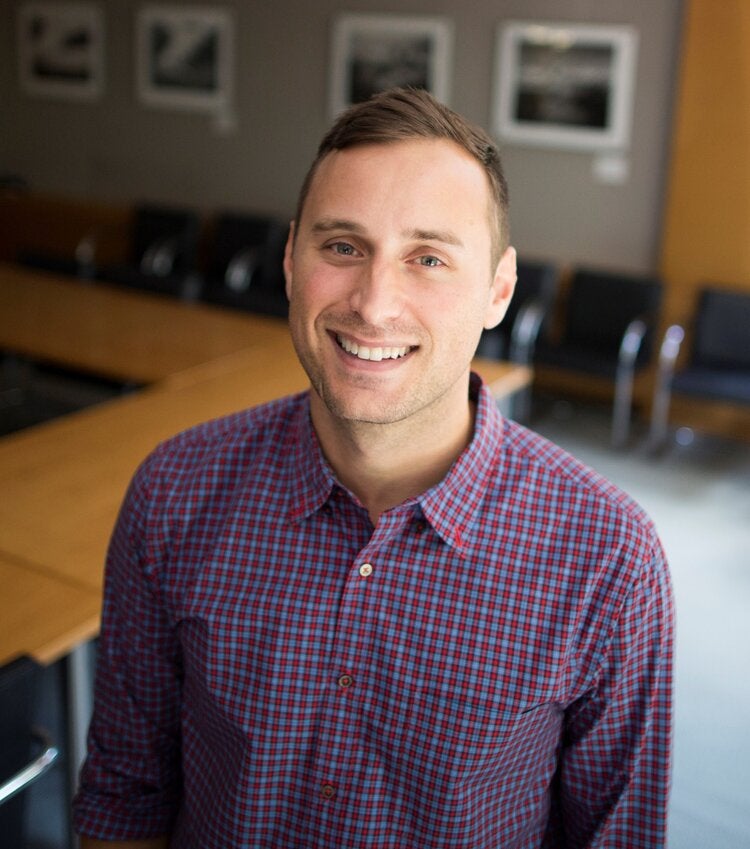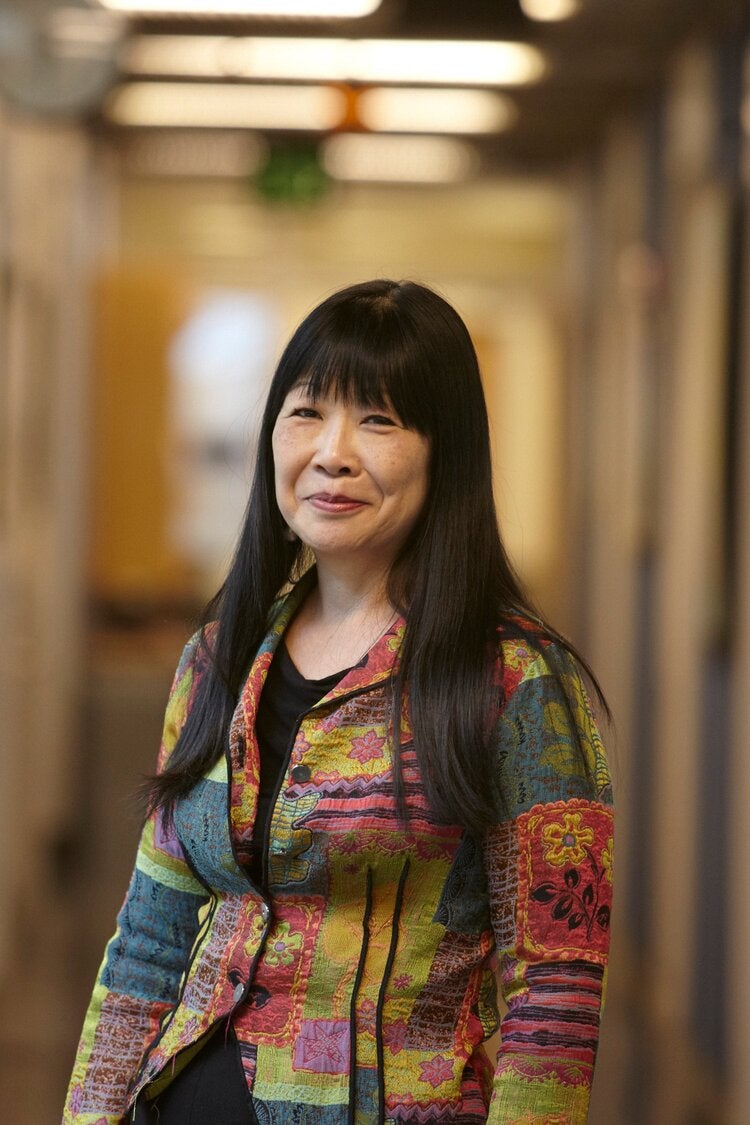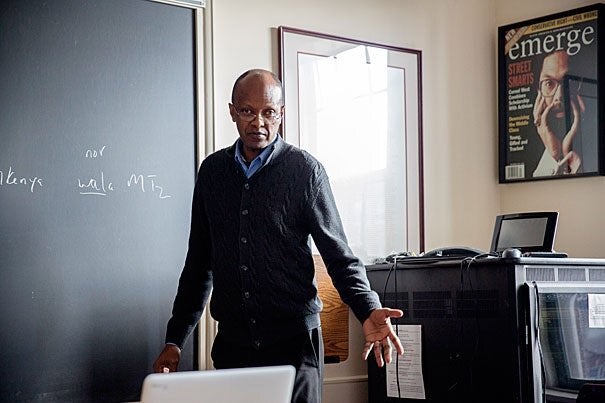While many parts of the world are grappling with the challenge of an aging population, there are more young people living across Africa than ever before. Nearly 60 percent of Africa’s population is under the age of 25, and by 2100, the continent is projected to have the biggest workforce in the world—a significant competitive advantage in the global economy. Yet access to quality education and workforce training, particularly in science, technology, engineering, and math (STEM) fields, is lacking. As a result, many management positions have to be filled by people from outside Africa while an estimated 70,000 African professionals emigrate to work elsewhere every year.
Empowering Africans to benefit from the enormous potential of the continent’s growing population and harnessing Fourth Industrial Revolution technologies—including artificial intelligence, cloud computing, and robotics—is central to the work of the Motsepe Foundation, established by South African philanthropists and entrepreneurs Patrice Motsepe and Precious Moloi-Motsepe. The goal of the Motsepe Foundation is to improve the conditions and standards of living of poor, unemployed, and marginalized people in Africa and around the world and contribute to them becoming self-supporting.
The recently established Motsepe Presidential Research Accelerator Fund for Africa at Harvard supports faculty-led and student-driven STEM research across the University that focuses on key challenges and opportunities facing Africa, with an emphasis on in-country partnerships with African institutions and researchers.
The Motsepes hope that the research partnerships seeded by the fund will encourage greater participation in STEM fields among students and researchers in the region while also addressing areas of major concern to Africa and Africans—including climate change, persistent disease, unemployment, and lack of Fourth Industrial Revolution skills and expertise. The collaborative nature of these projects, Moloi-Motsepe says, will benefit African researchers and their home institutions as well as their Harvard counterparts.
“The value of knowledge and expertise—which is already available on the continent—is impressive and will benefit from collaboration and partnerships with global academics and innovators,” says Moloi-Motsepe, a doctor by training and the chancellor of the University of Cape Town.
Wafaie Fawzi MPH ’89, SM ’91, DrPH ’92, interim Oppenheimer Faculty Director of the Harvard University Center for African Studies, believes this is a particularly opportune moment for such an initiative. “As the momentum of transformation in Africa continues to advance, research focused on science, technology, and innovation is crucial,” Fawzi says. “The Motsepe Fund is a wonderful opportunity to increase and deepen impactful research about Africa and foster collaboration between Harvard affiliates and our partners on the continent.”
“The value of knowledge and expertise—which is already available on the continent—is impressive and will benefit from collaboration and partnerships with global academics and innovators.”
In its first year, the fund saw robust interest from applicants across Harvard, all of which featured in-country partnerships. The seven projects chosen for the inaugural cohort focus on a range of topics, from the school readiness of HIV-exposed children in Tanzania to the reduction of COVID-19 transmission among vulnerable populations in Mozambique. Awardees presented their research and heard keynote remarks from Moloi-Motsepe during a virtual symposium hosted by the Center for African Studies in June 2021.
Encouraged by the progress of the researchers and their projects, the Motsepes recently decided to double their commitment to the fund, ensuring that this critical research—which, to enhance STEM, will also include the arts and business studies—can continue unabated.
With such a strong start to this work, the Motsepes feel confident that collaborating with Harvard was the right choice, both for the University and for Africa. “We are excited to invest in this partnership through this gift,” Patrice Motsepe says. “Through this partnership, we are not only developing Africa and increasing Africa’s global contributions, but we are inspiring a generation of African youth who are bringing positive change and uplifting their standards of living and the living conditions of their communities.”




